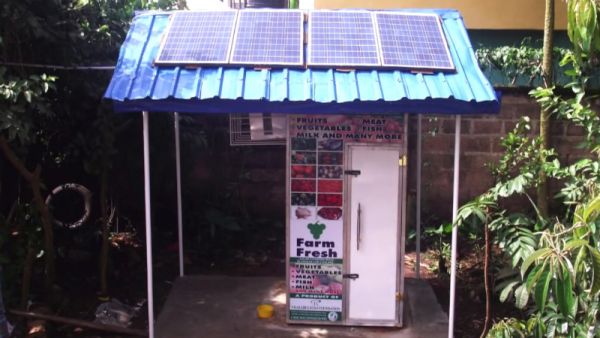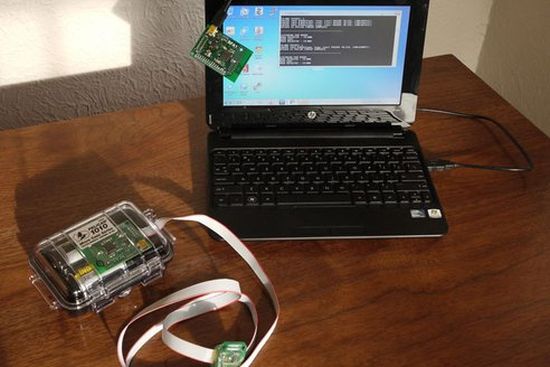Lack of access to cold storage facilities contributes to nearly 45% of food spoils in many developing countries. Thankfully, a new initiative in Nigeria could provide a possible solution to this issue. The concept of a solar powered cold storage in outdoor markets has been gaining steam for quite some time now. When in place, it can easily reduce the post-harvest loss experienced by millions of farmers in developing countries around the world.
The Issue: Food Wastage
Perishable foods like fresh vegetables and fruits start deteriorating within a few hours of being harvested. Cut off from their source of nutrition, these foods start losing their appeal, flavor, texture and nutritional value very fast. As such, most of these foods are spoilt even before reaching the market.
A lot more are spoilt soon after reaching the markets, and are thrown away as waste. This has a direct impact on the lives of the millions of farmers who grow and harvest these foods. It causes huge losses for these farmers who get paid only for the foods that are sold and not the ones that are spoilt.
The Solution: ColdHubs
The reason for this food wastage can be attributed to the lack of cold storage facilities to store perishable foods. A Nigerian company may have possibly found the best possible solution for this problem though. The company has devised a concept called ColdHubs which will feature a walk-in, solar powered cold station that stores perishable foods 24/7. These units will be placed in local community markets and will prevent the food from getting spoilt quickly.
Solar Powered Cold Storage Design
The ColdHubs unit features a modular, walk-in cold storage room that can be easily set up. Solar panels fitted on the roof will offer the necessary energy to power an in-built refrigeration unit. This, in turn, keeps the room cool at an optimum temperature of 41 degrees Fahrenheit. The foods kept in the cold storage unit can stay fresh for up to 21 days after harvesting. This is a far cry from before where harvested foods remained fresh for no more than 2 hours.
Flexible Pay as you store Model
ColdHubs are designed to be used in major food consumption centers, including markets and farms. Farmers can avail the services of the cold storage facility for a small subscription fee. The fee needs to be paid on a daily basis and is proportionate to the number of crates the farmer wishes to store.
The pay as you store model enables these farmers to store perishable products in the cold storage facility. All they need to do is place the produce in plastic crates which are then stacked neatly on shelves inside the cold room.
Thus in a nutshell, one can call these ColdHubs as the perfect solution for a number of problems related to perishable goods. These cold storage facilities not only keep produce fresh, but in doing so, reduce food wastage, increase local farmer income and reduce malnutrition on a large scale.
A Nigerian company has devised a cold storage facility called ColdHub that can be used to store perishable foods in farms and markets. These solar powered cold storage units can reduce food wastage and in doing so, improve the lives of millions of farmers in several developing countries around the world.
Source : I.Kinja-Img.Com




